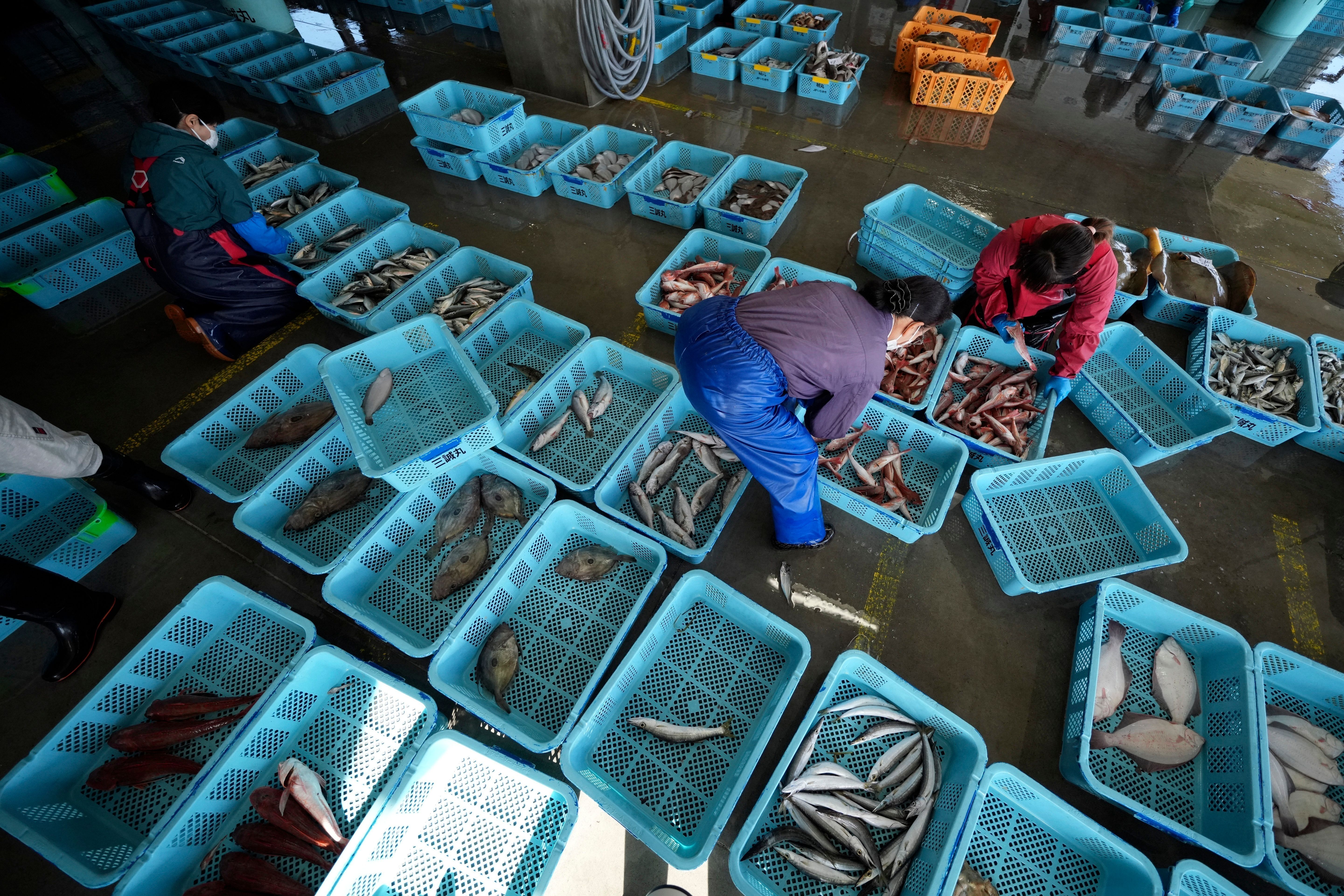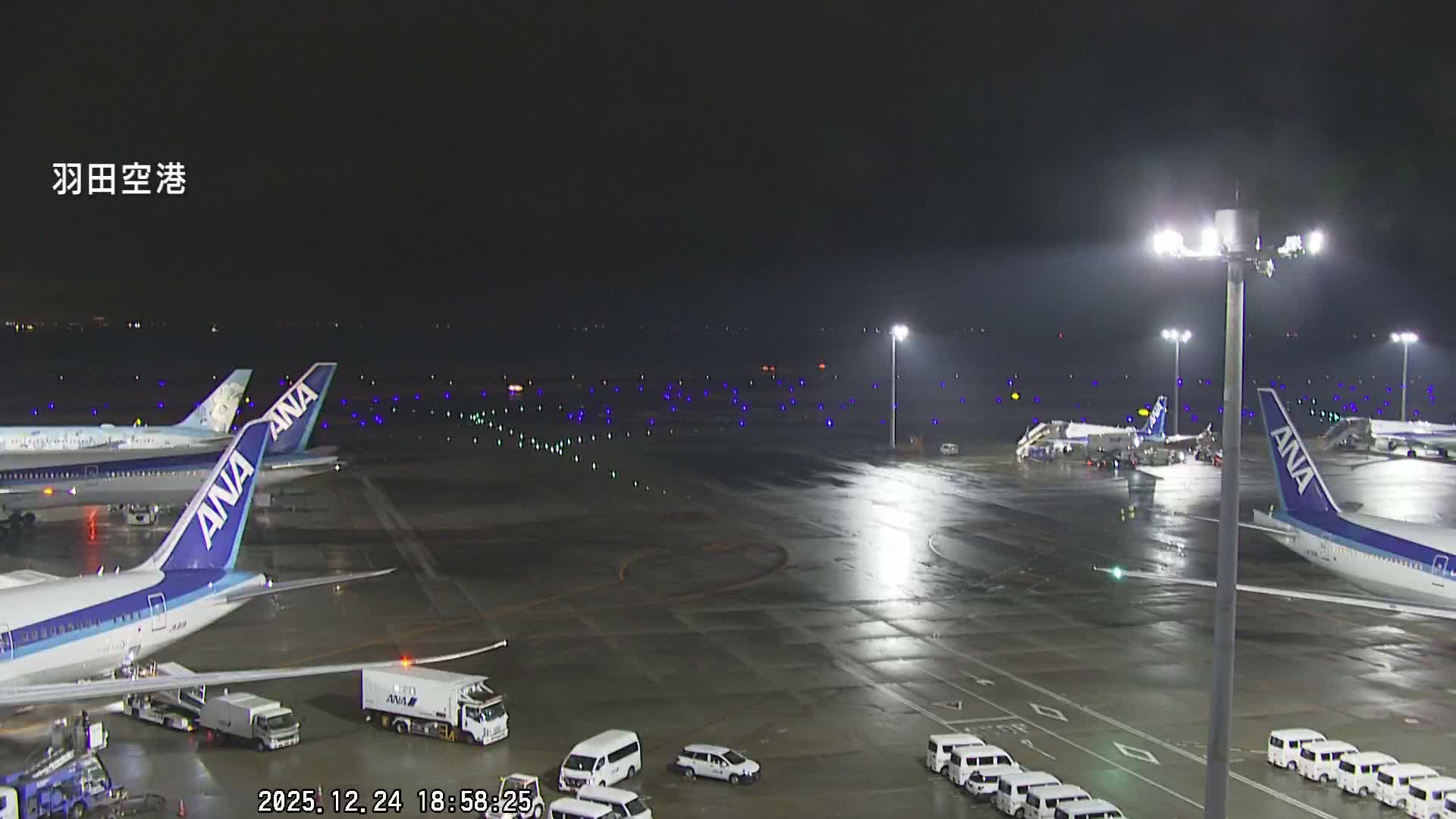China to Resume Japanese Seafood Imports After Fukushima Water Discharge Concerns
 Japan
International Trade
Japan
International Trade

China to resume Japanese seafood imports after Fukushima wastewater concerns. Agreement follows talks, but some restrictions remain. Read more.
China to Resume Japanese Seafood Imports
China is poised to lift the ban on Japanese seafood imports, a restriction put in place in 2023 following concerns regarding the discharge of treated wastewater from the Fukushima Daiichi nuclear power plant.
Key Developments
This agreement follows discussions held between Japanese and Chinese officials in Beijing, suggesting a possible de-escalation of tensions surrounding the issue. While China has acknowledged "substantial progress" in the talks, it has not yet formally confirmed the agreement with Japan.
Statements from Officials
Agriculture Minister Shinjiro Koizumi celebrated the anticipated resumption of seafood exports to China as a major achievement for Japan. Foreign Minister Takeshi Iwaya also welcomed the move.
Remaining Restrictions
Despite this progress, China's ban on agricultural and fisheries products from ten Japanese prefectures, including Fukushima, is still in effect. Japanese officials have stated they will continue to push for the lifting of these remaining restrictions.
Background on the Ban
The import ban was enacted due to China's concerns that the release of treated and diluted wastewater, though deemed safe by Japan, could potentially harm its fishing industry and coastal communities. Japan has consistently asserted that the wastewater meets international safety standards and poses negligible environmental risk. The water release is considered necessary for the decommissioning of the nuclear plant.
Impact and Mitigation
Japan's government has established an emergency relief fund to assist affected exporters, particularly scallop growers, and has been actively exploring alternative overseas markets to mitigate the impact of the ban.





